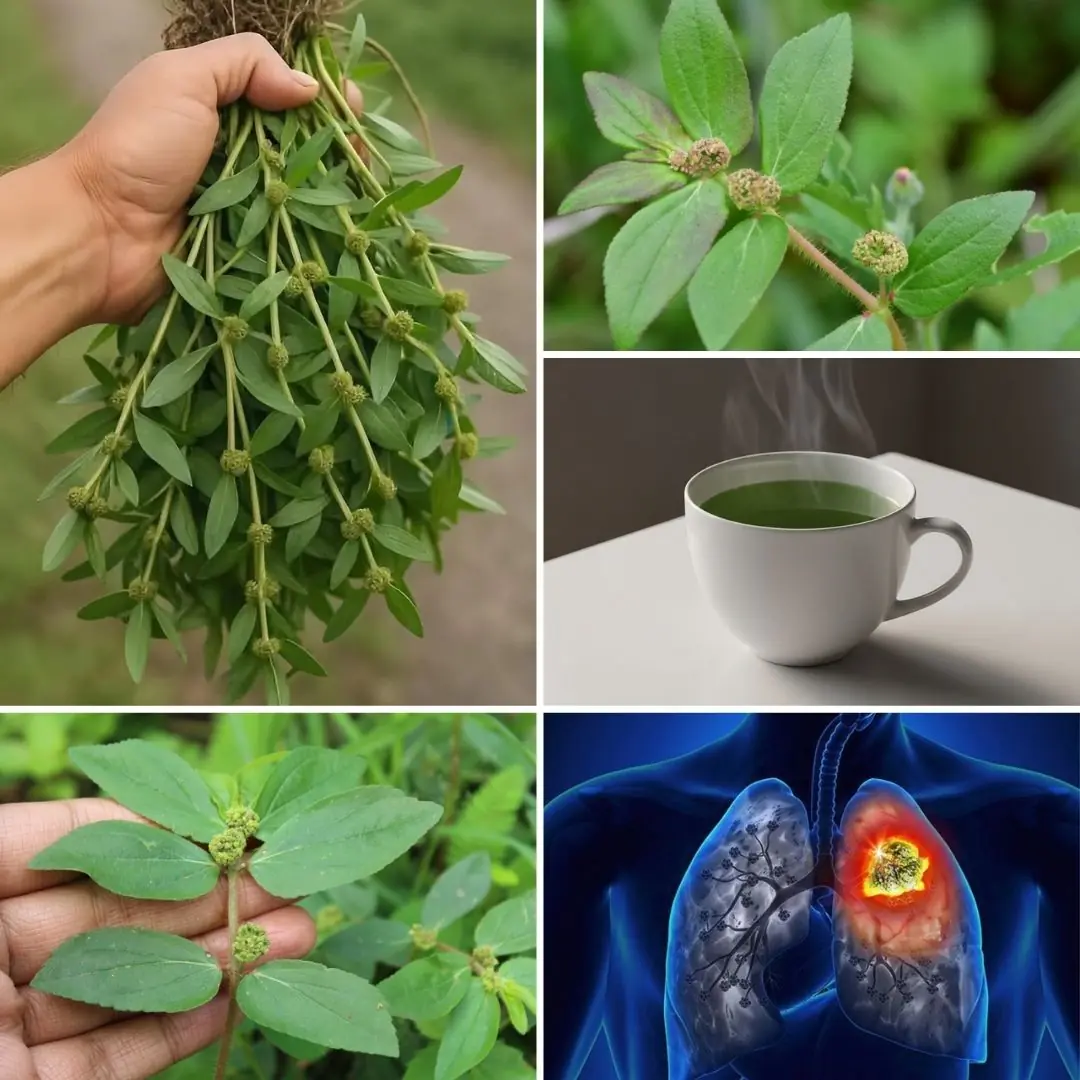
8 Foods to Support Kidney Health and Manage Proteinuria
When you hear the term “proteinuria,” it might initially sound alarming. However, it simply refers to the presence of excess protein in your urine, often indicating that your kidneys are under stress. This condition can be a sign of underlying issues like diabetes, high blood pressure, or chronic kidney disease. While it’s essential to follow medical advice, adopting the right dietary habits can significantly support your kidneys and enhance your overall well-being.
In this guide, we’ll explore eight nutrient-rich, kidney-friendly foods, supported by scientific research, to help you take a natural and proactive approach toward managing proteinuria. We'll also share simple tips on incorporating these foods into your everyday meals.
What Is Proteinuria and Why Does It Matter?
Proteinuria occurs when the kidneys’ filtering units—the glomeruli—allow protein, such as albumin, to leak into the urine instead of retaining it in the bloodstream. According to the National Kidney Foundation, this leak is often an early sign of kidney dysfunction. Over time, proteinuria may lead to swelling, fatigue, or worsening kidney function if left unaddressed.
While medications and treatments prescribed by your healthcare provider are vital, a kidney-supportive diet can work in harmony with these interventions to ease the strain on your kidneys and promote healing.
🩺 Always consult your doctor or a registered dietitian before making any significant changes to your diet, especially if you are managing a kidney-related condition.
1. Berries: Antioxidant Powerhouses
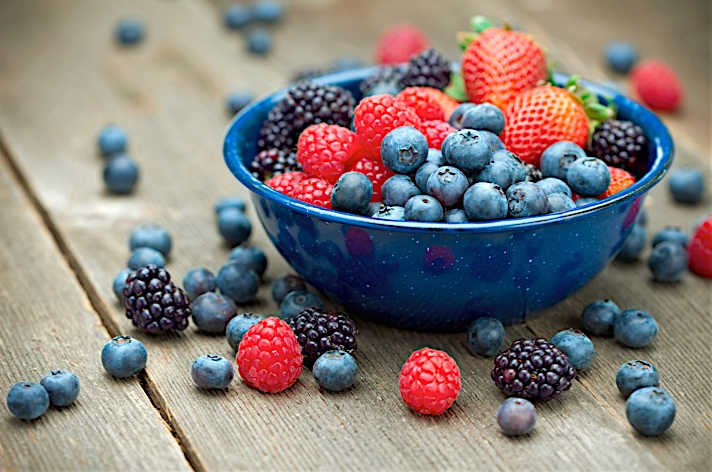
Blueberries, strawberries, and raspberries aren’t just delicious—they’re also packed with antioxidants like vitamin C, flavonoids, and anthocyanins. These nutrients fight oxidative stress and inflammation, which are often present in kidney disease.
🔍 A 2018 study published in Journal of Clinical Medicine highlights the role of antioxidants in protecting kidney cells and reducing oxidative damage.
Why They Help:
-
Naturally low in potassium and sodium
-
Rich in fiber, aiding blood sugar control
-
Help reduce blood pressure and inflammation
✅ How to Use: Top your morning oatmeal with a mix of fresh or frozen berries, or blend them into a smoothie. Avoid jams or canned berries with added sugars or syrups.
2. Fatty Fish: Omega-3s for Inflammation Control
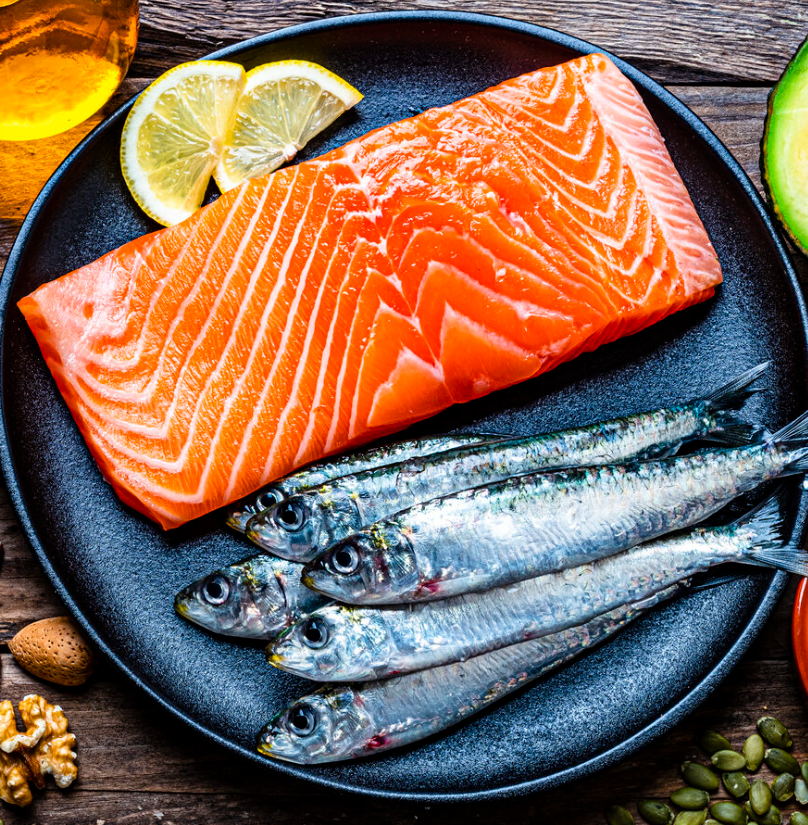
Fatty fish like salmon, mackerel, sardines, and trout provide omega-3 fatty acids, known for their anti-inflammatory and cardiovascular benefits. Inflammation plays a major role in kidney disease progression, so reducing it can help slow damage.
❤️ The American Heart Association recommends omega-3s for both heart and kidney health, noting their ability to reduce triglycerides and improve blood vessel function.
Kidney Benefits:
-
Reduces chronic inflammation
-
Supports heart function (important for those with kidney disease)
-
May lower blood pressure
🥗 Serving Tip: Bake or grill salmon with fresh herbs, lemon, and olive oil. Try including fatty fish in your meals twice a week, using low-sodium preparation methods.
⚠️ Note: Some fatty fish contain phosphorus. Ask your healthcare provider if you need to monitor your phosphorus intake.
3. Egg Whites: High-Quality, Low-Phosphorus Protein
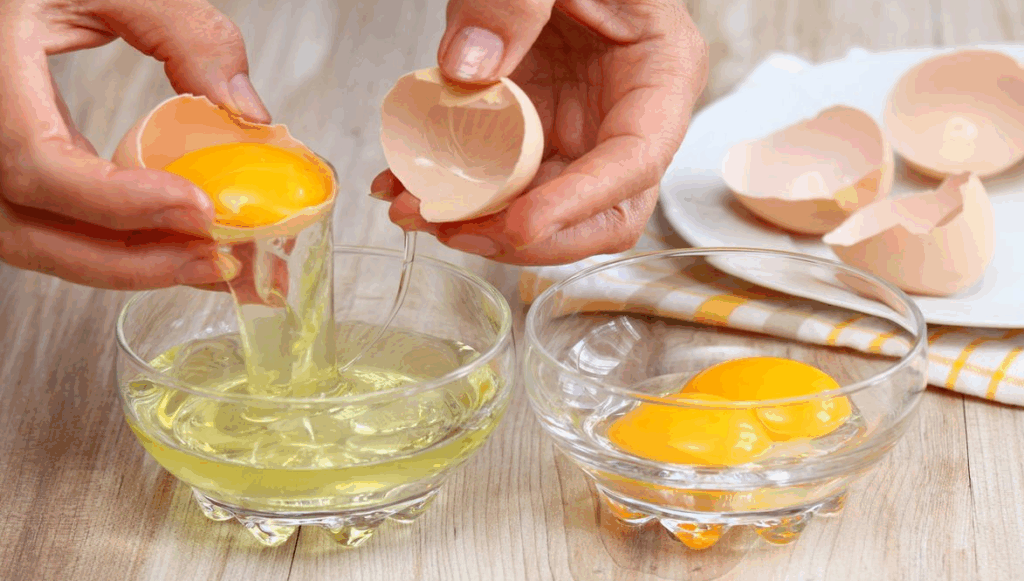
Managing protein intake can be tricky with proteinuria—you need enough for muscle repair but not so much that it burdens your kidneys. Egg whites are an ideal option: they’re rich in essential amino acids without the phosphorus and fat found in yolks.
Why They're Ideal:
-
Low in fat and cholesterol
-
Easy to digest and very versatile
-
Contain minimal sodium and potassium
🍳 Try This: Prepare a veggie-packed omelet with egg whites, spinach, onions, and bell peppers. Or add egg whites to a protein smoothie with berries and oats.
4. Cauliflower: Nutrient-Dense and Kidney-Safe
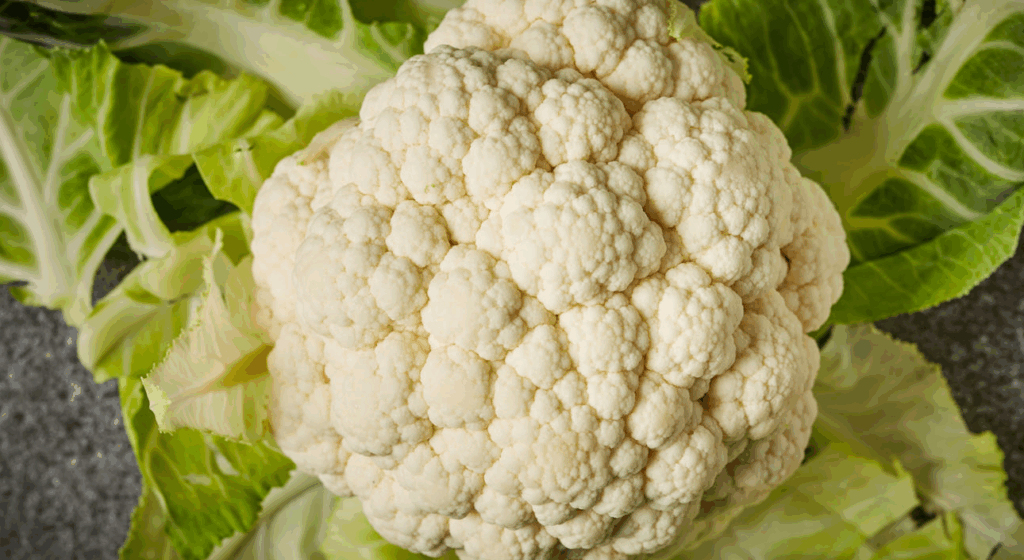
This humble cruciferous vegetable is a kidney-friendly superstar. Cauliflower is low in potassium and phosphorus but high in vitamin C, fiber, and anti-inflammatory compounds.
🥦 Bonus: It also contains compounds that support liver detoxification—another organ that works closely with the kidneys.
Healthy Uses:
-
Mash as a low-carb, kidney-safe alternative to mashed potatoes
-
Roast with turmeric and olive oil for an anti-inflammatory boost
-
Use in creamy soups without adding dairy
👉 Pro Tip: Serve alongside grilled chicken or a piece of fatty fish for a complete, balanced meal.
5. Olive Oil: A Heart-Healthy Cooking Fat
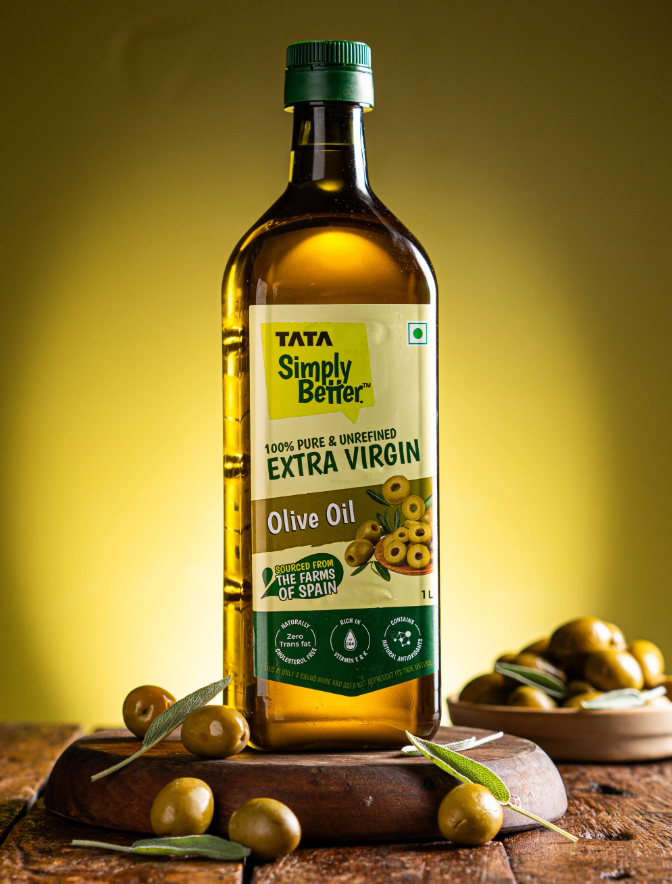
If you're still using butter or margarine, it might be time to switch. Extra virgin olive oil is rich in monounsaturated fats and contains antioxidants that combat inflammation and improve heart health.
🫒 According to a 2020 study in Nutrients, regular olive oil consumption has been associated with improved vascular function and reduced markers of inflammation.
Why It’s Great for Kidneys:
-
Sodium- and phosphorus-free
-
Supports healthy cholesterol levels
-
Helps reduce inflammation without stressing the kidneys
🥗 Usage Tip: Drizzle over salads, roasted veggies, or whole grains instead of using creamy or salty dressings.
6. Apples: Sweet, Satisfying, and Full of Fiber
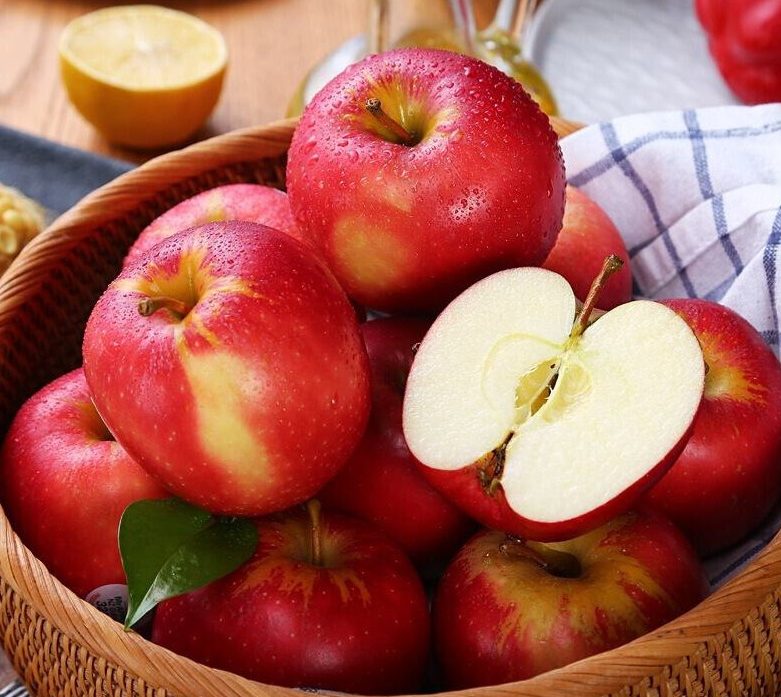
An apple a day may do more than keep the doctor away—it can support your kidneys, too. Apples are low in potassium, high in soluble fiber, and naturally sweet, making them a safe snack option.
🍎 The CDC identifies apples as a heart-healthy fruit, which is relevant because healthy circulation supports kidney function.
Perks of Apples:
-
Curb sugar cravings without processed sweets
-
Support blood sugar and cholesterol management
-
Easy to include in meals or snacks
🍏 Snack Idea: Slice an apple and pair it with a tablespoon of almond butter or low-sodium peanut butter for a fiber-and-protein-rich treat.
7. Bell Peppers: Colorful and Kidney-Friendly
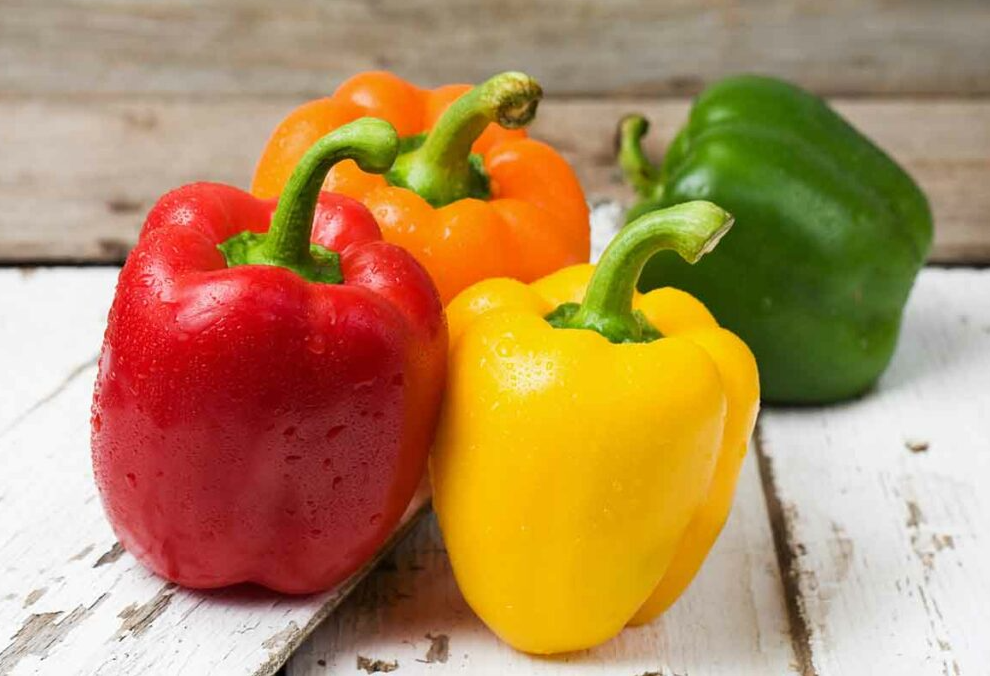
Red, green, and yellow bell peppers add flavor, crunch, and color to your meals while being naturally low in potassium. They’re rich in vitamin C, vitamin A, and antioxidants, making them ideal for anyone with kidney concerns.
Why They’re a Smart Choice:
-
Low potassium alternative to starchy veggies
-
Help strengthen the immune system
-
Contain fiber and folate, supporting heart and kidney health
🌶️ In the Kitchen: Add raw to salads, sauté in stir-fries, or stuff with ground turkey and quinoa for a nutritious, protein-balanced dish.
8. Whole Grains: Fiber for Blood Sugar and Digestion
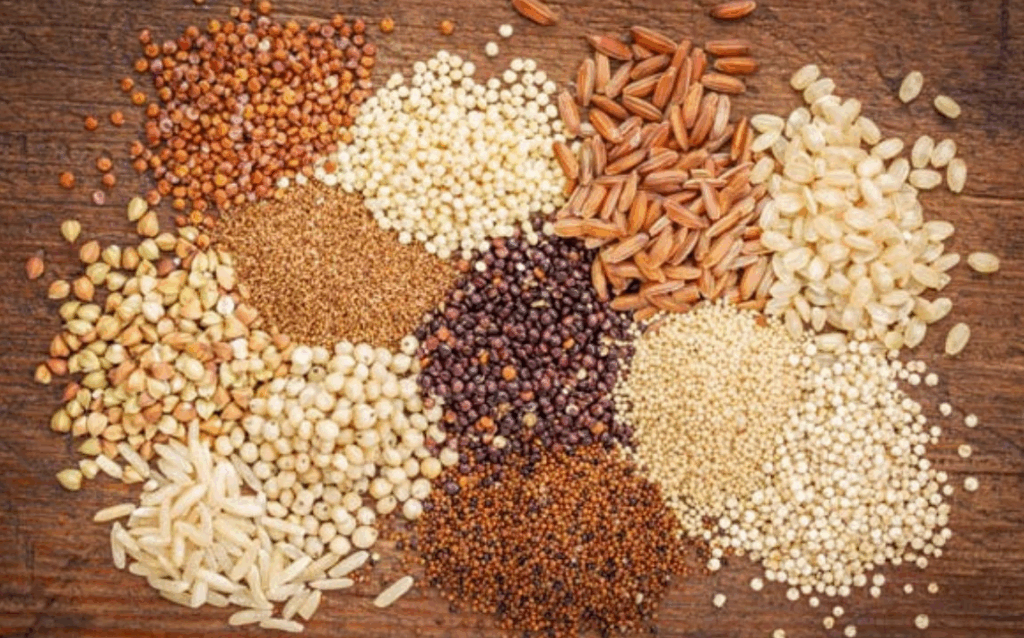
Whole grains like quinoa, brown rice, buckwheat, and barley provide sustained energy and essential nutrients. Unlike refined grains, they help regulate blood sugar and may support kidney function.
🧠 A 2019 study in Kidney International found that high-fiber diets may slow the progression of kidney disease, especially in early stages.
Tips for Kidney Diets:
-
Stick to small portions (½ cup cooked) to manage phosphorus
-
Choose naturally low-sodium grains
-
Add to salads or use as a base for veggie bowls
⚠️ If you’re on a low-phosphorus diet, speak to a renal dietitian before increasing whole grains.
Lifestyle Tips to Complement Your Diet
Healthy foods make a big difference, but a holistic lifestyle approach can greatly enhance their effects. Consider these habits:
-
💧 Stay Hydrated: Unless on fluid restriction, drink water regularly to help kidneys flush waste.
-
🧂 Limit Sodium: Keep sodium intake below 2,300 mg/day—or lower if advised.
-
🧘 Stay Active: Gentle exercise like walking or yoga can help manage blood pressure and blood sugar.
-
📈 Monitor Health: Keep track of blood pressure, weight, and blood sugar, especially if diabetic or hypertensive.
-
🧠 Manage Stress: Chronic stress impacts kidney function—try meditation, deep breathing, or nature walks.
Final Thoughts
Supporting kidney health and managing proteinuria naturally is possible through small, intentional choices. By incorporating these eight kidney-friendly foods—berries, fatty fish, egg whites, cauliflower, olive oil, apples, bell peppers, and whole grains—into your daily meals, you can take meaningful steps toward better health.
Paired with proper medical care and lifestyle habits, these dietary choices can help reduce kidney strain, control symptoms, and improve quality of life.
📝 Share this article with someone managing kidney concerns—and let us know your favorite kidney-friendly food in the comments below!
Disclaimer: This content is for educational purposes only and is not intended as a substitute for medical advice. Always consult your healthcare provider before making changes to your diet or treatment plan.
News in the same category

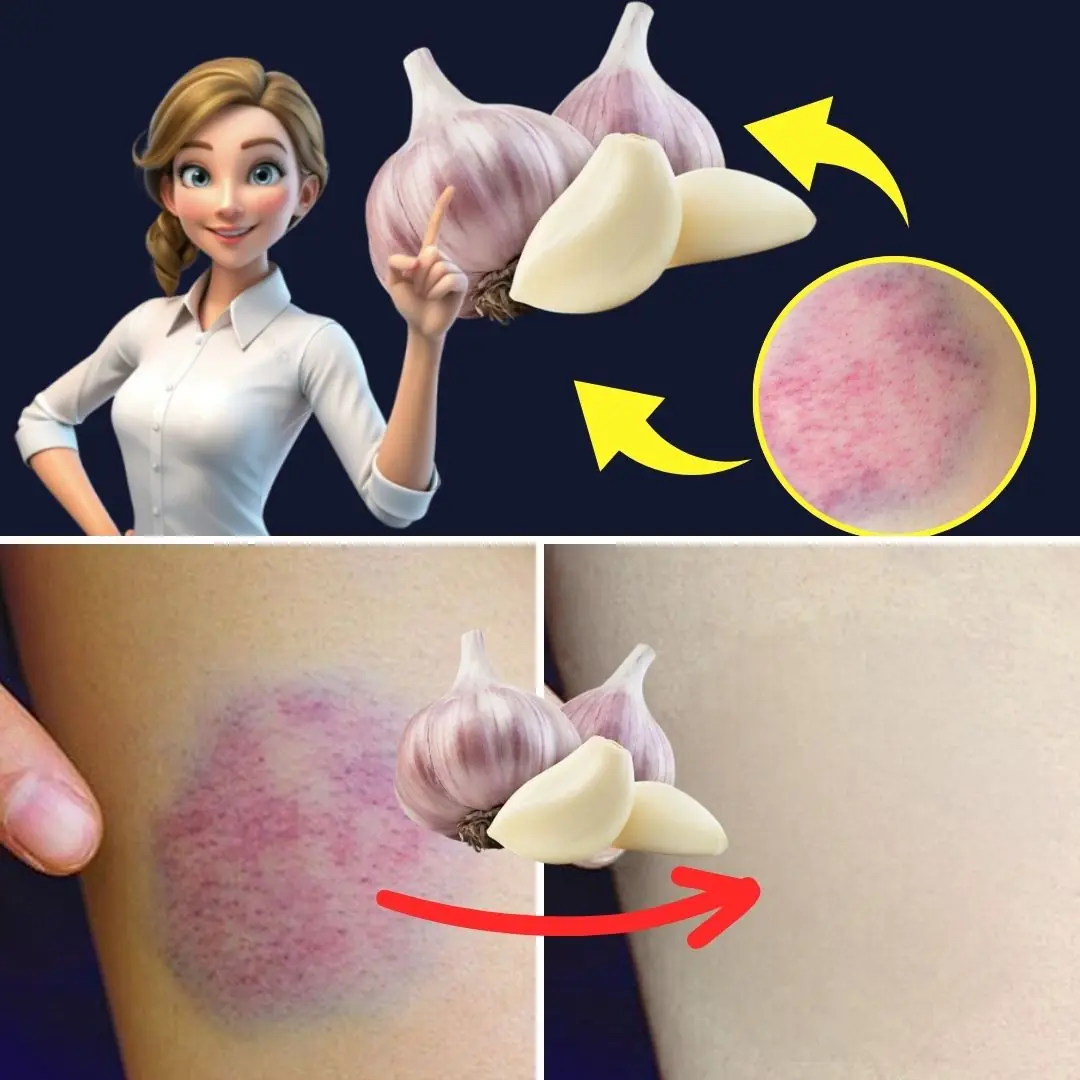
Can Garlic Support Healthier Veins Naturally?
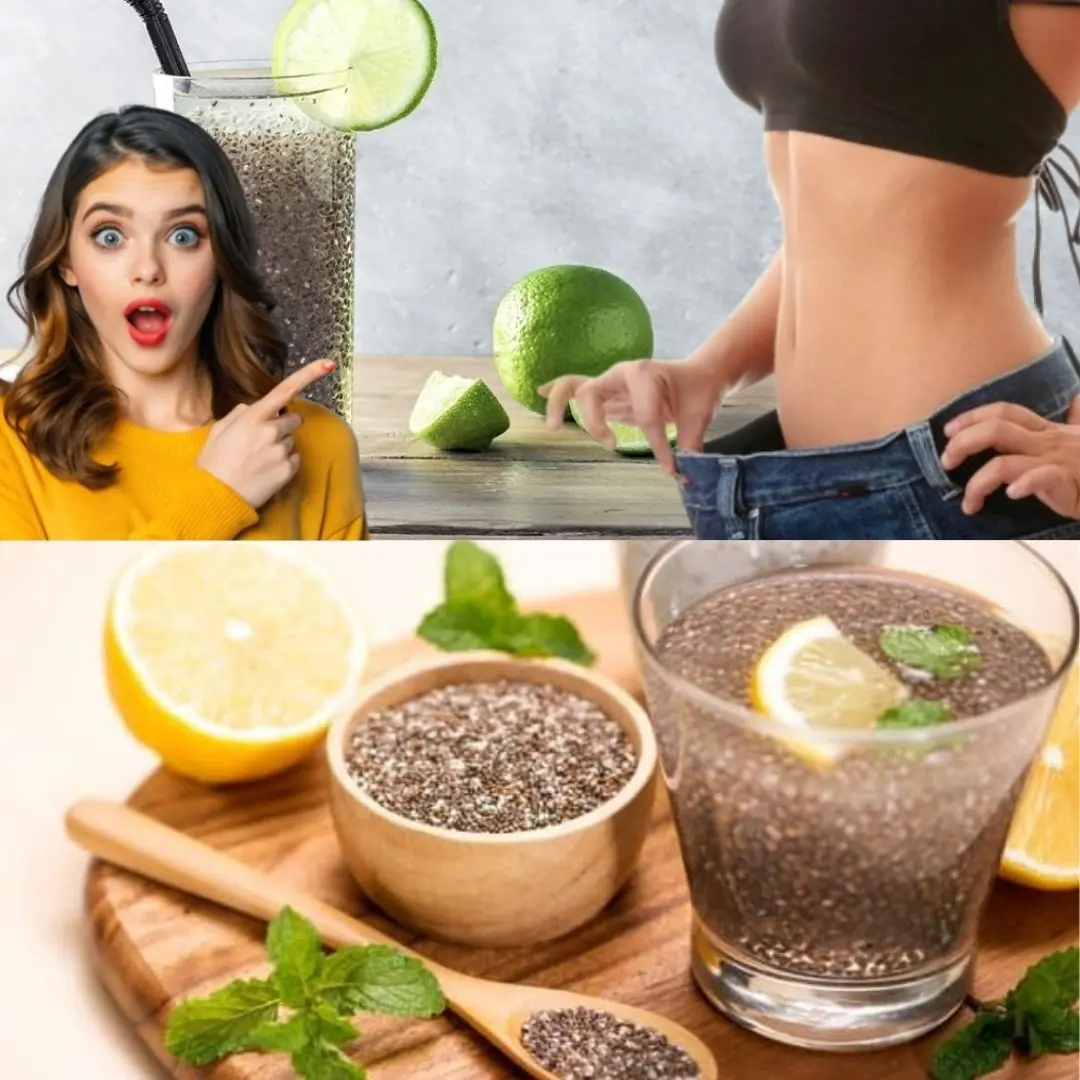
Can Chia Seeds Support a Healthier Waistline Naturally?
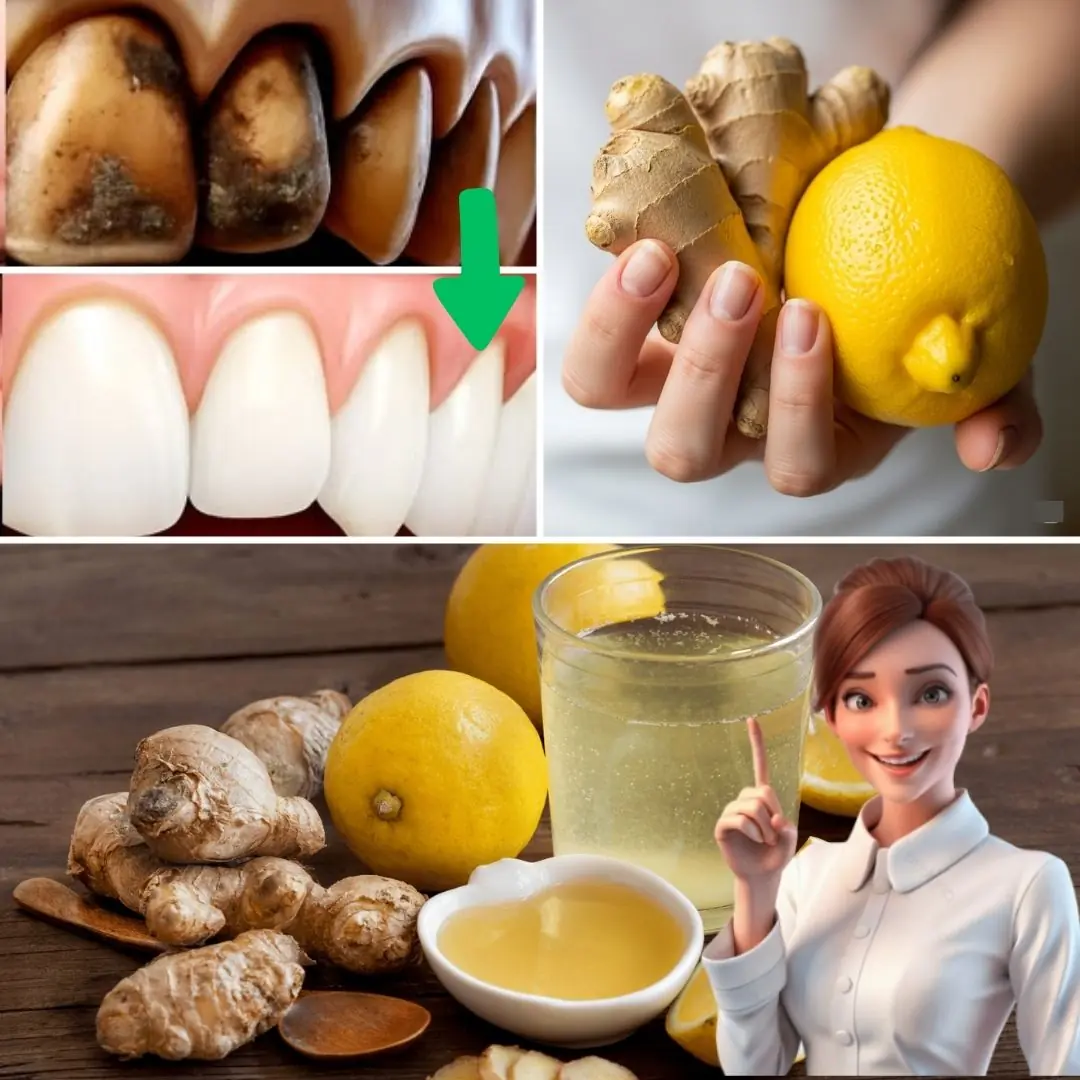
Natural Oral Care for Seniors: How Ginger and Lemon May Support a Brighter Smile Over Time

Coffee with Ginger: A Tasty Wellness Drink Hiding in Your Kitchen
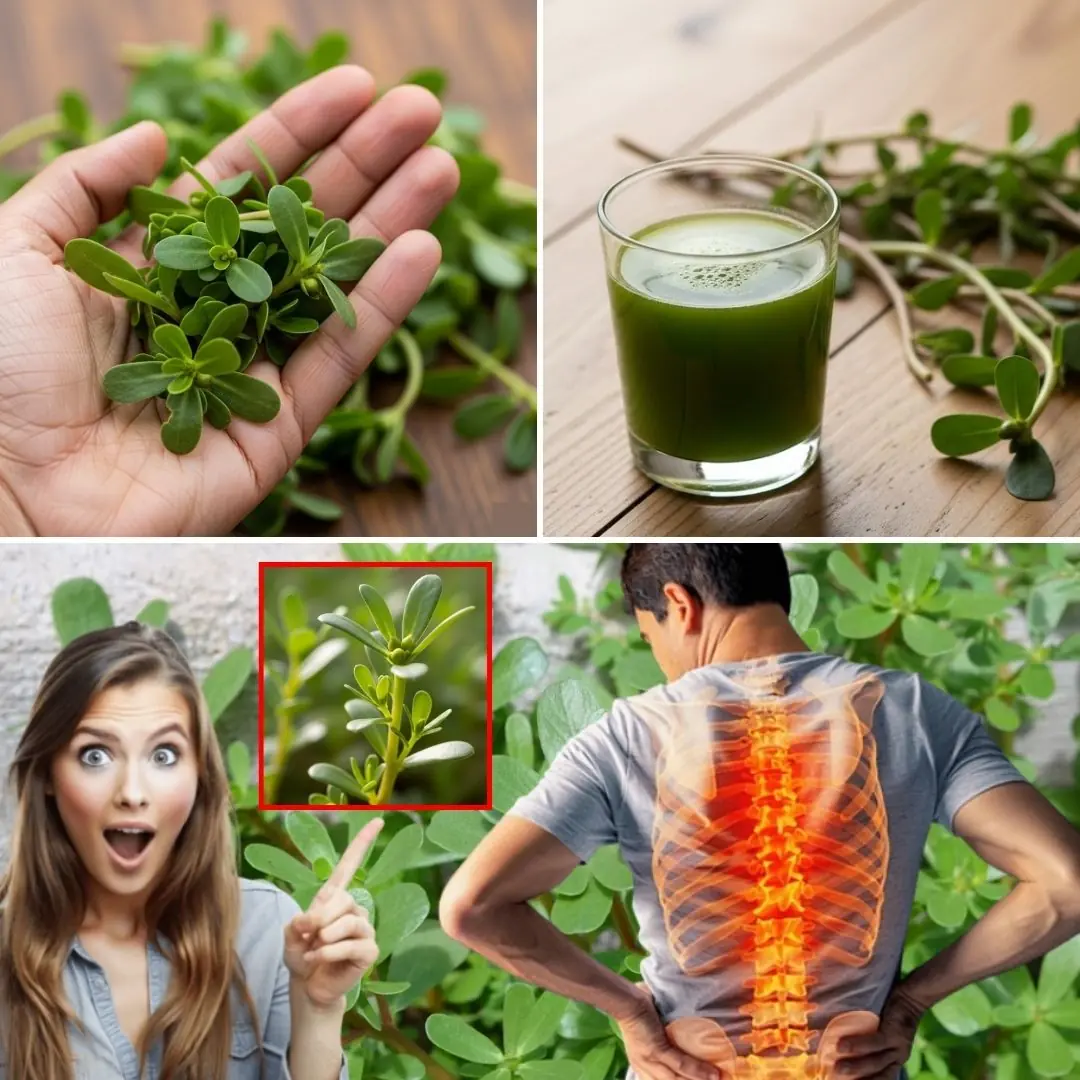
How Purslane Can Transform Health for Seniors Over 50: 7 Unexpected Benefits
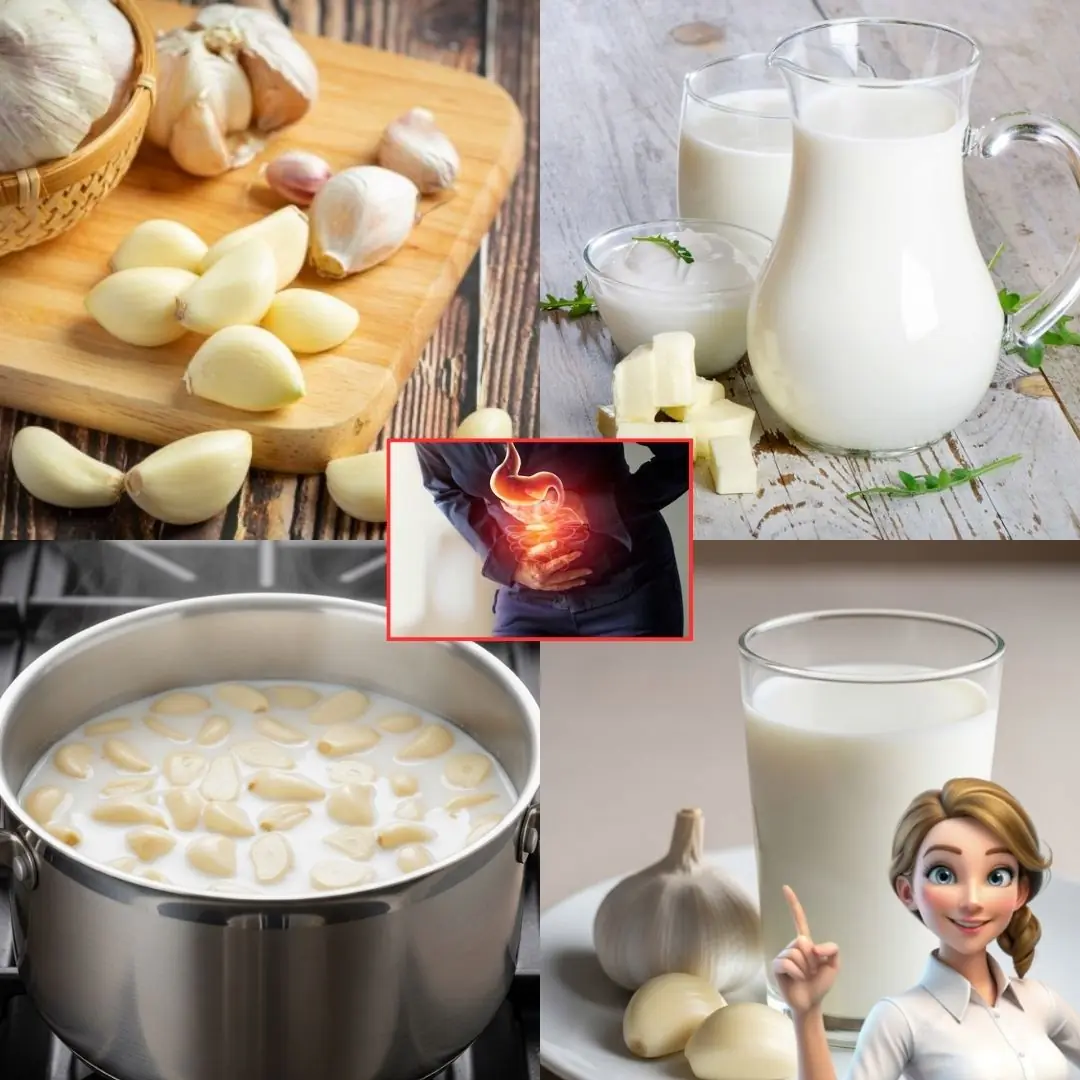
Boil Garlic in Milk and Drink It Once a Day – Here’s Why Your Body Will Thank You
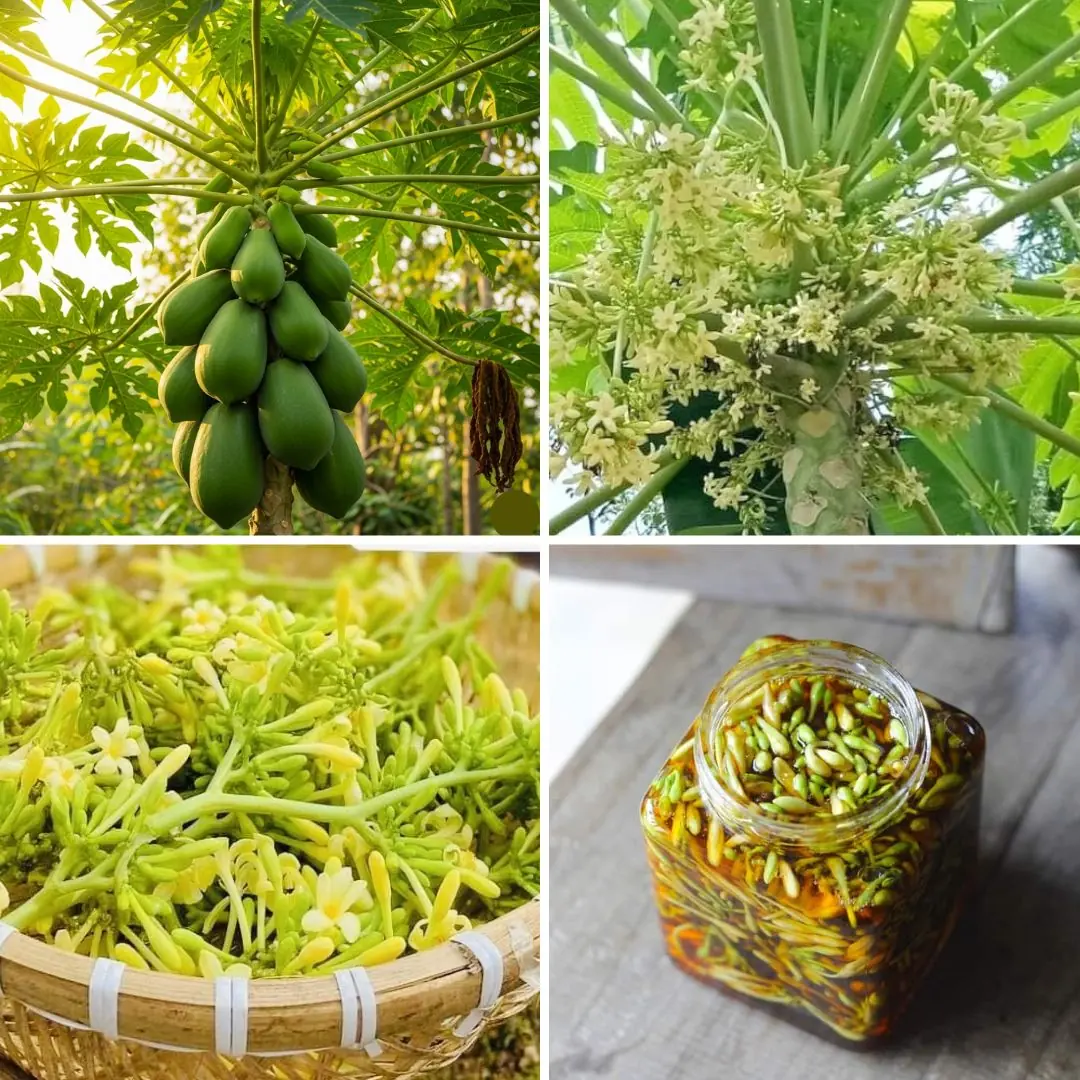
Why You Should Prepare a Jar of Papaya Flowers Soaked in Honey This Winter
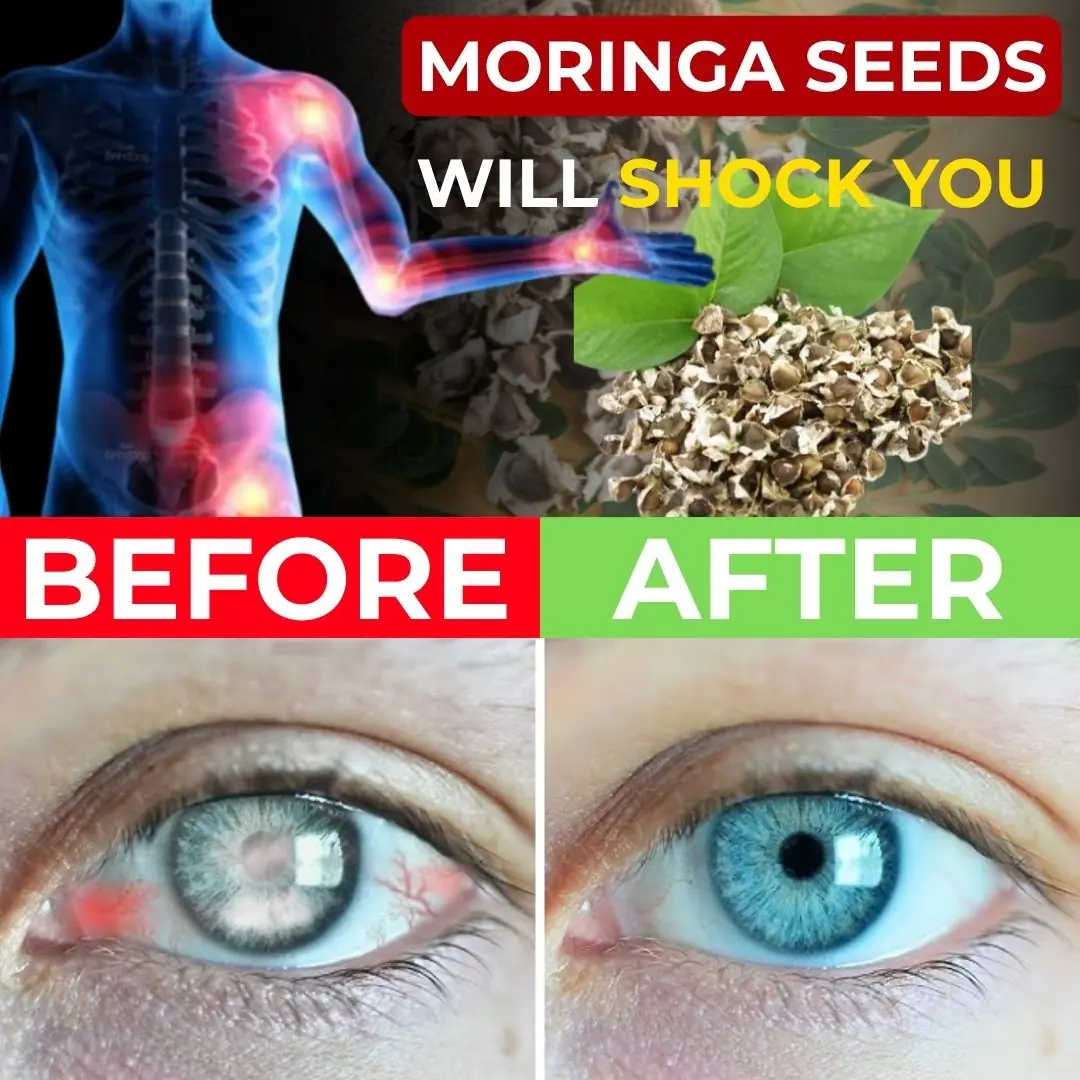
12 Moringa Seed Benefits You’ll Never Hear from Your Doctor (But You Should Know) 🌿✨

Wrinkle & Eye Bag Removal Naturally – Best Collagen Mask with Beetroot! 🧖♀️🌱
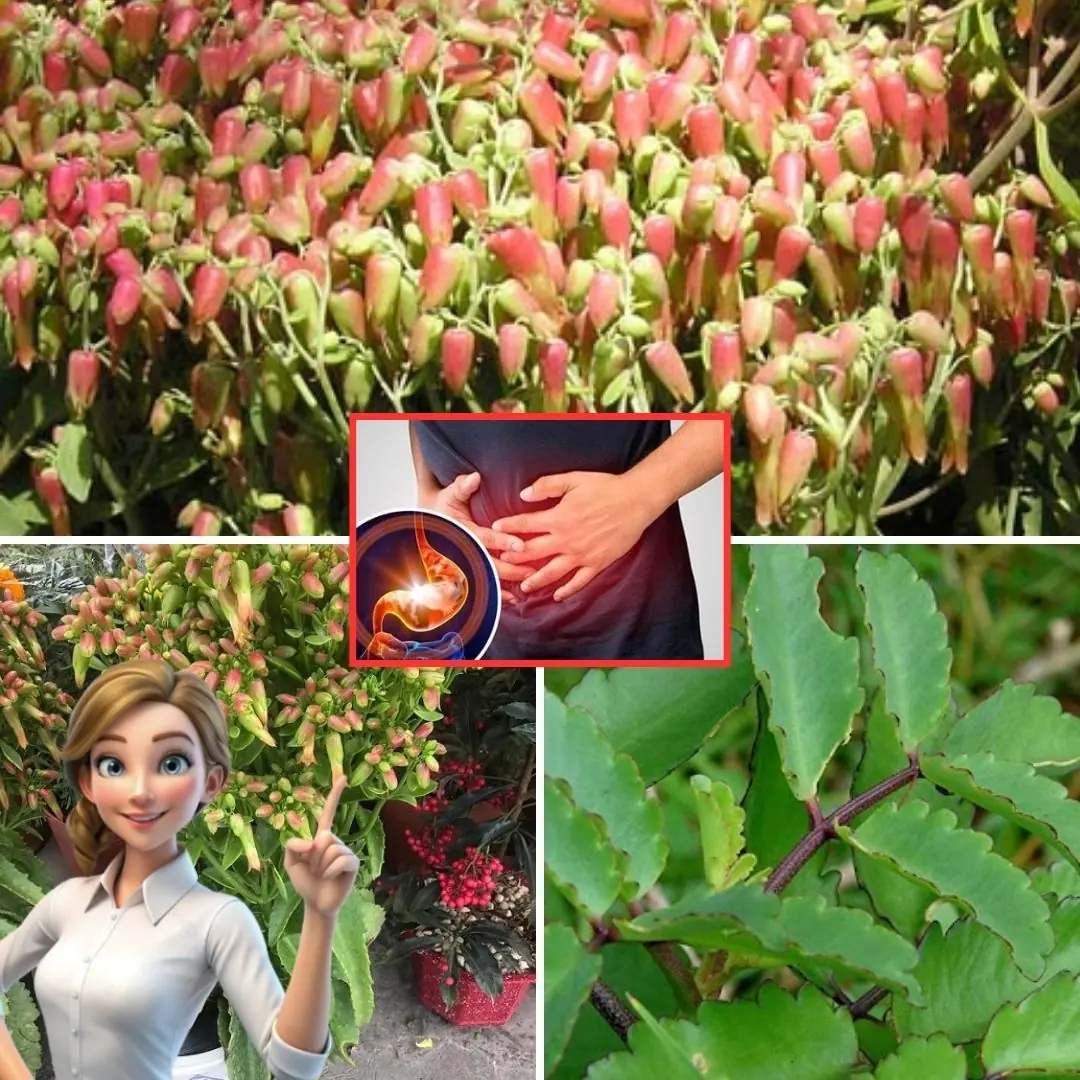
Bryophyllum Calycinum (Kalanchoe Pinnata): The Miracle Leaf with Remarkable Natural Benefits
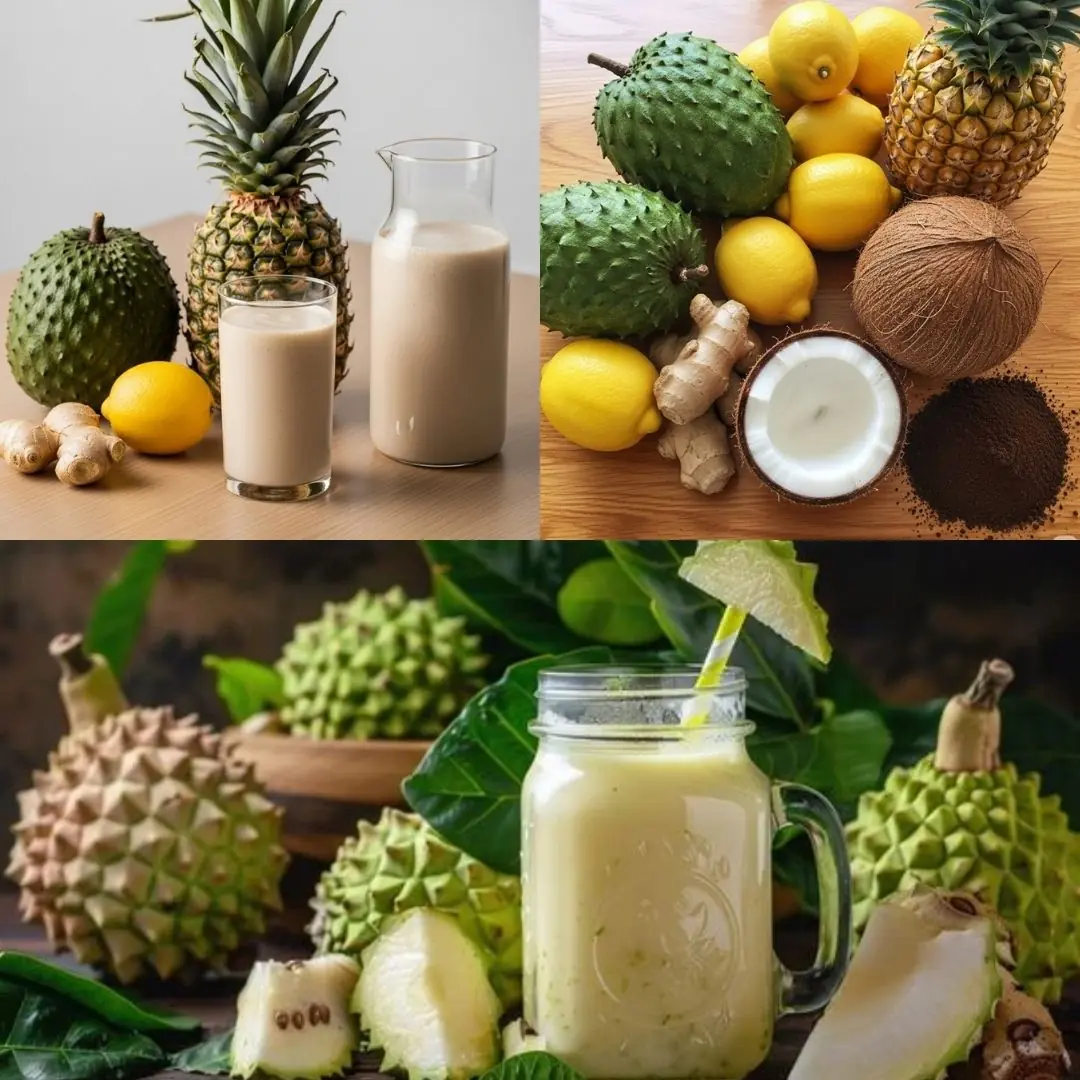
Let’s Make This Special Healthy Multi-Fruit Juice & Drink for Smooth Skin & a Strong Immune System

Natural Ways to Support Vision Health for Seniors

🌿 The Leaf That Destroys Cancer Cells – Why No One Is Talking About It | Barbara O’Neill’s Natural Approach

11 Powerful Reasons Your Whole Family Should Drink Okra Water Every Day
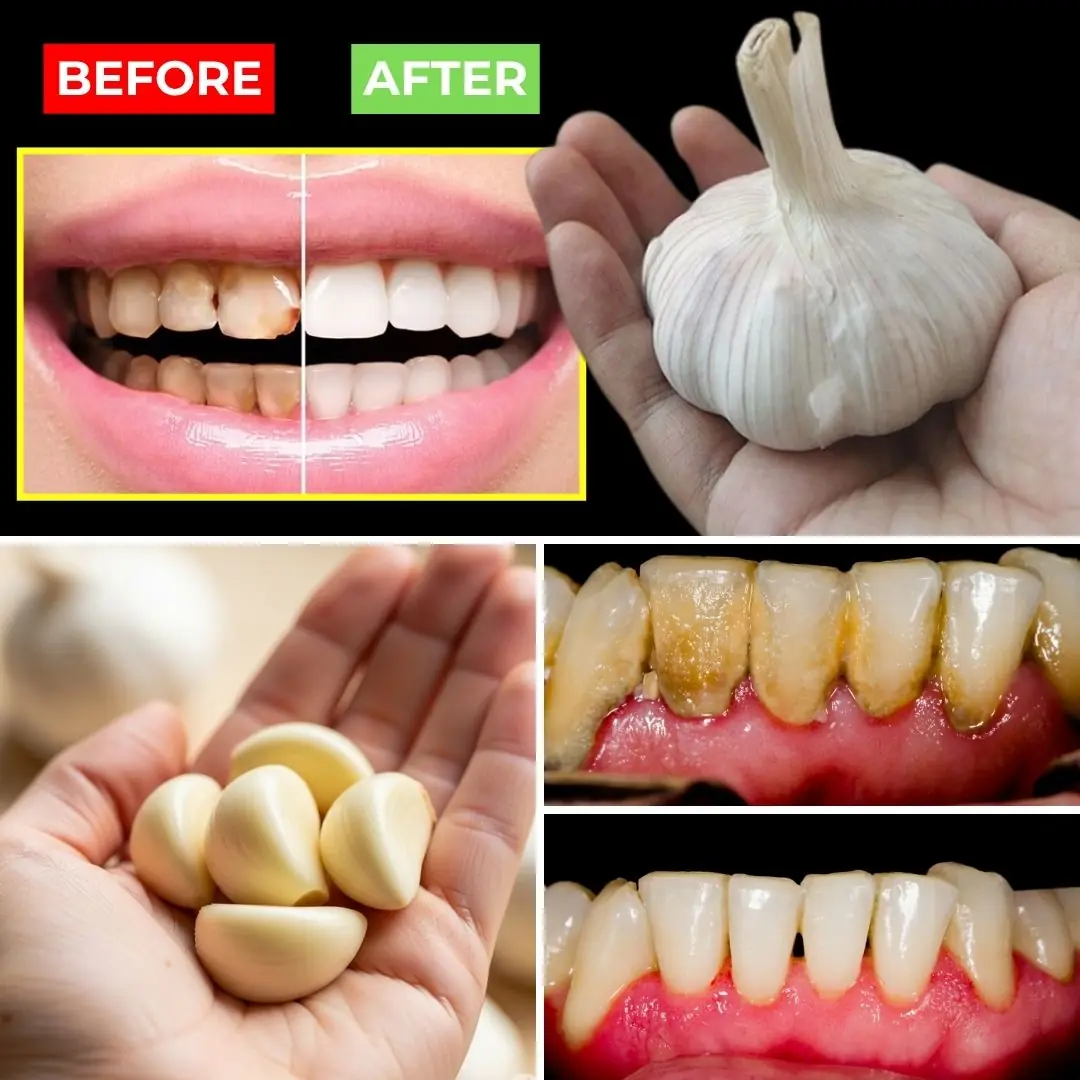
Improve Your Oral Health Naturally with Garlic
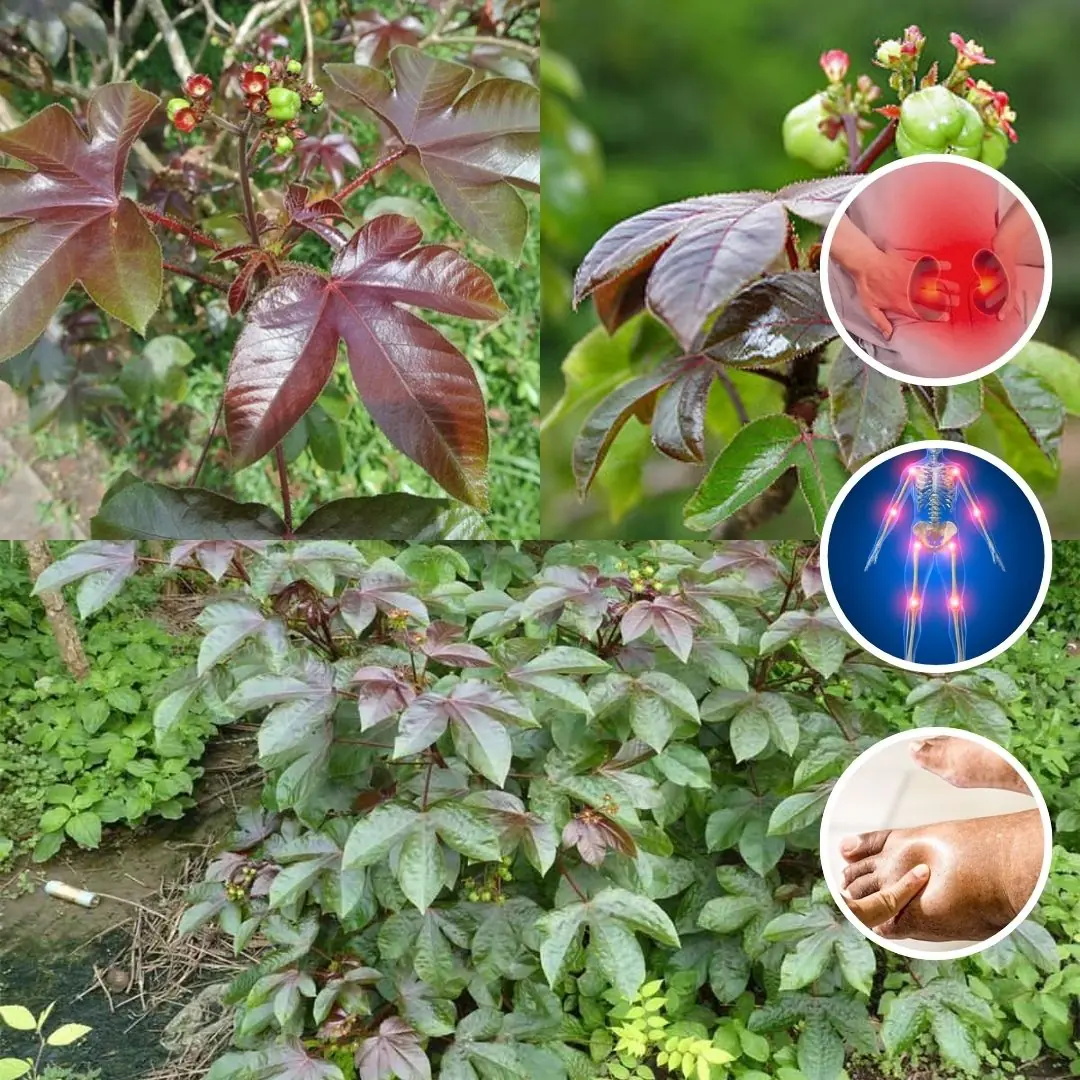
How to Use Castor Plant Leaves to Treat 12 Common Health Problems Naturally 🌿
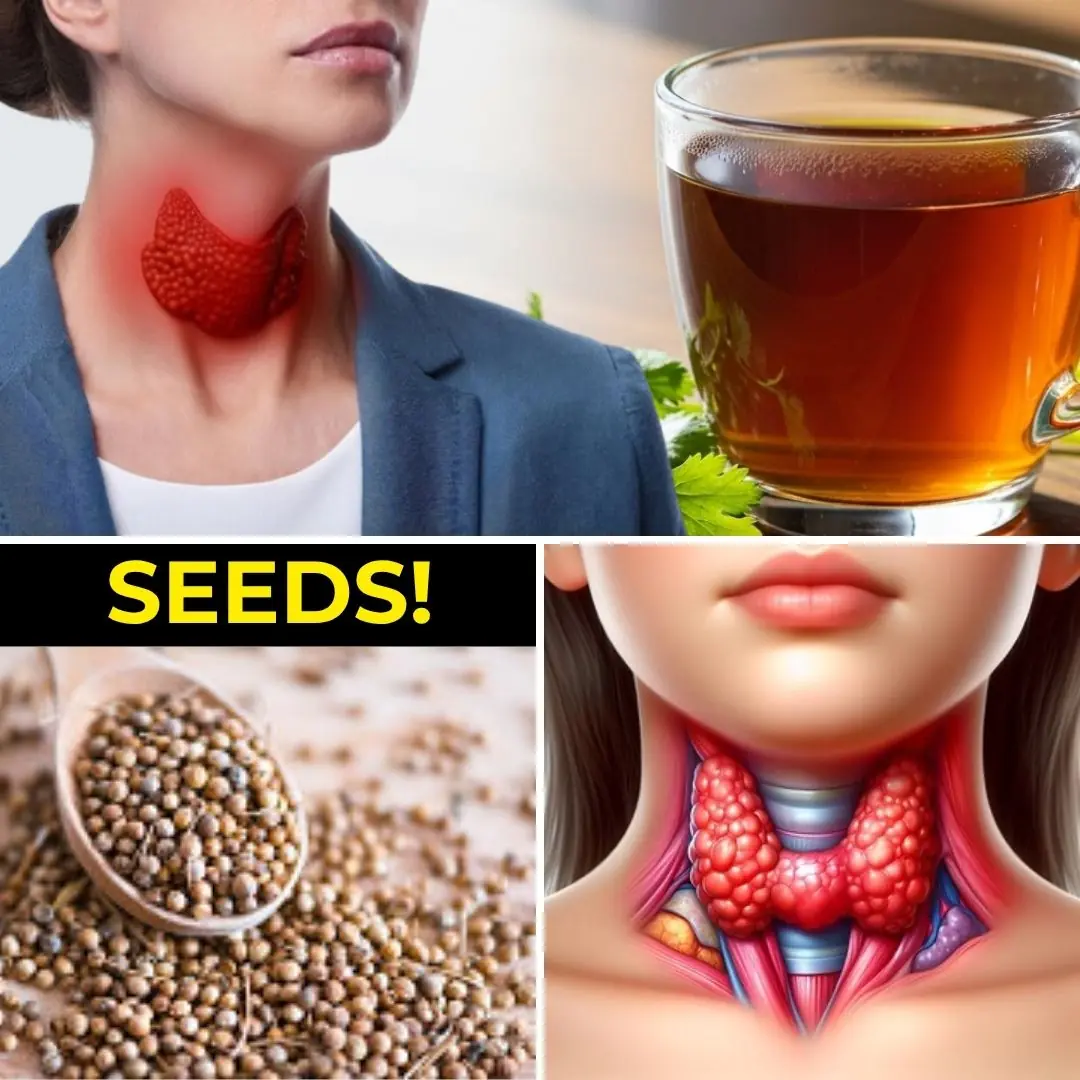
Thyroid Issues Are Rising—Here's a Natural Drink That Could Help

Why Cloves, Ginger, and a Lipton Tea Bag Might Be the Golden Trio Your Body Needs
News Post

Experts Say Turning Off Wifi And Keeping Phones Out Of The Bedroom Could Boost Your Health

If You See A Woman Wearing A Wedding Ring On Her Pinky Finger Here’s What It Means

Experts Are Shedding Light on the ‘Death Rattle’ Phenomenon Before Passing

Experts Break Down How Far You’d Need To Be To Survive A Nuclear Blast

Scientists Finally Figure Out What’s Causing Girls to Get Periods at a Younger Age

Experts Warn 1,000ft Mega Tsunami Could Slam Into Us Coast — Is Your Hometown In Danger?

Man Who Predicted Covid Outbreak Reveals Chilling Warning About New Emerging Crisis

Top Foods to Avoid After 60 for Better Health

Flight Attendant Reveals Why Cabin Says Hello As You Board, and It’s Not What Think

10 Cities That Could Be Underwater by 2050. Here’s The Full List

Aspergillus Fungus Threatens Millions As It Spreads Due To Climate Change, Scientists Warn

The Incredible Story of a British Airways Pilot Who Survived Being Ejected from a Plane for 20 Minutes

Never keep these 4 relics after losing a loved one

Euphorbia Hirta: Nature’s Hidden Gem for Wellness

Can Garlic Support Healthier Veins Naturally?

Can Chia Seeds Support a Healthier Waistline Naturally?
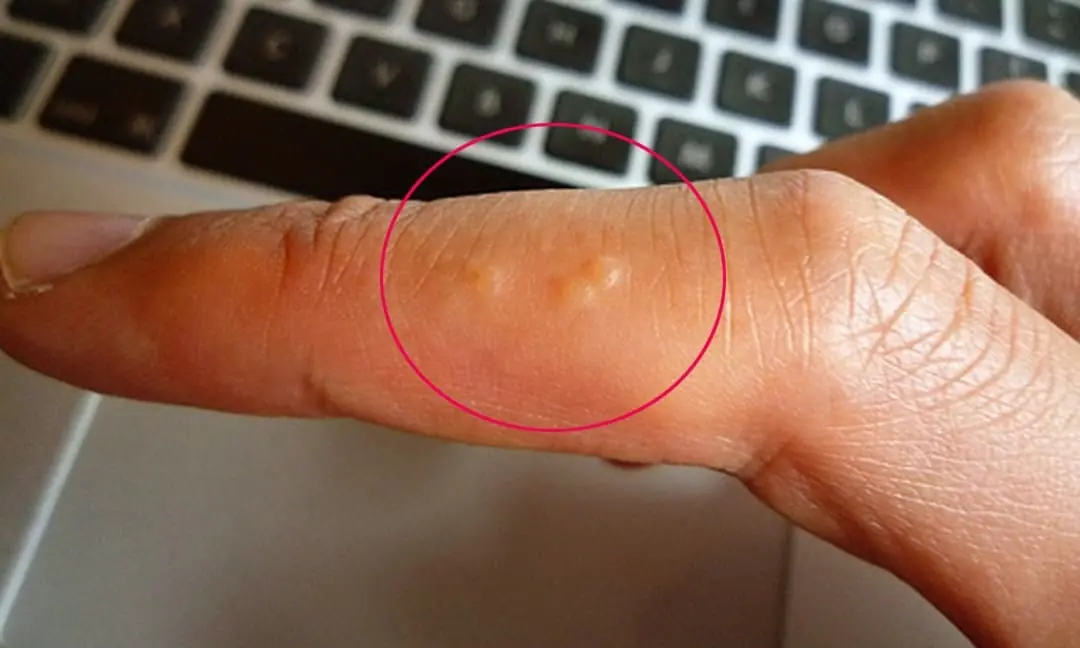
What Are the Tiny Blisters on Your Hands in Summer Trying to Tell You?
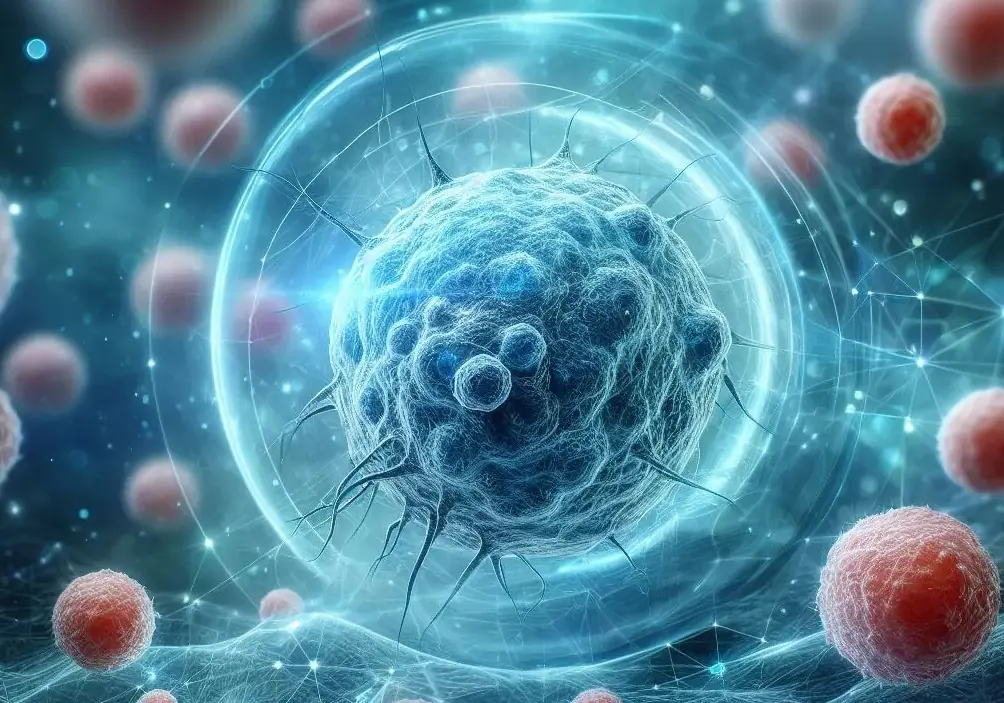
5 Pains in the Body That May Signal Early-Stage Cancer: Don’t Delay, or It May Spread
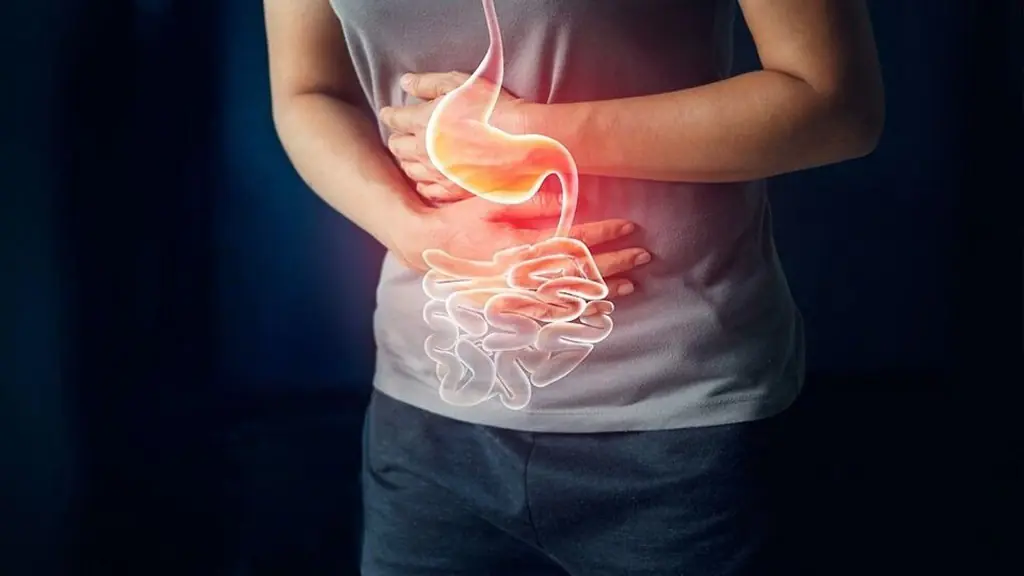
9 Early Warning Signs of Stomach Cancer: See a Doctor Immediately If You Have Even One
